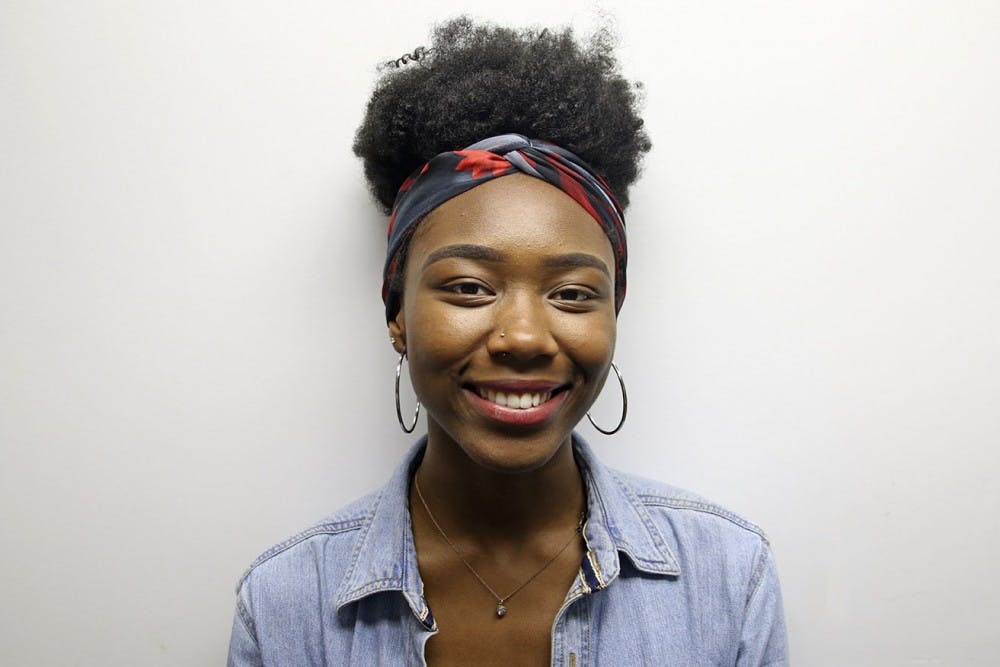Last month, I attended a town hall meeting on police brutality and campus safety hosted by the Multicultural Affairs and Diversity Outreach Committee of Student Government.
Like the first meeting on race relations, I left feeling underwhelmed. Once again, I got the impression that dialogues on feelings were as far as UNC was willing to go.
Well, now more than ever, UNC’s administration and student government need to put just as much effort into integrating education as part of these town halls as much as possible.
I came to this realization when I was at work and a young white man came into the office to see my manager. While he waited, he said he recognized me from the die-in demonstration. This action by Black students was a response to the recent killings of Terence Crutcher in Tulsa and Keith Lamont Scott in Charlotte.
Terence Crutcher was unarmed and looking for assistance with his car when he was killed. The very next day, Keith Lamont Scott was shot in Charlotte. After pressure from the public and protestors, the portions of footage were released by the police and could not support the officer's claim that Scott had a gun to justify the shooting. What can be seen, however, is that Mr. Scott made no sudden movements toward the officer before he was shot. These two men are added to the long list of Black people unjustly killed by the police.
The die-in and open mic held at the Pit were meant to give the Black community a moment to grieve and come together. Many of the students are from Charlotte, and the ones not from Charlotte still grapple with the issue of police brutality and the lack of accountability.
A young white man told me, “I see you guys having these protests, and I see people crying, I see your pain. I just don’t know how to relate to those feelings when I don’t know the context.”
The context he needs is the historical and structural issues of police brutality and accountability. I didn't expect him to understand completely because he doesn’t know the living experience of what it means to be Black in America. We ended up having a 30 minute conversation on the history of police and prisons in this country.
I explained their evolution from slave watch patrols, to terrorism of free Blacks in the south during the reconstruction era, to their expansion following backlash against the civil rights movement and a call for “law and order.”




